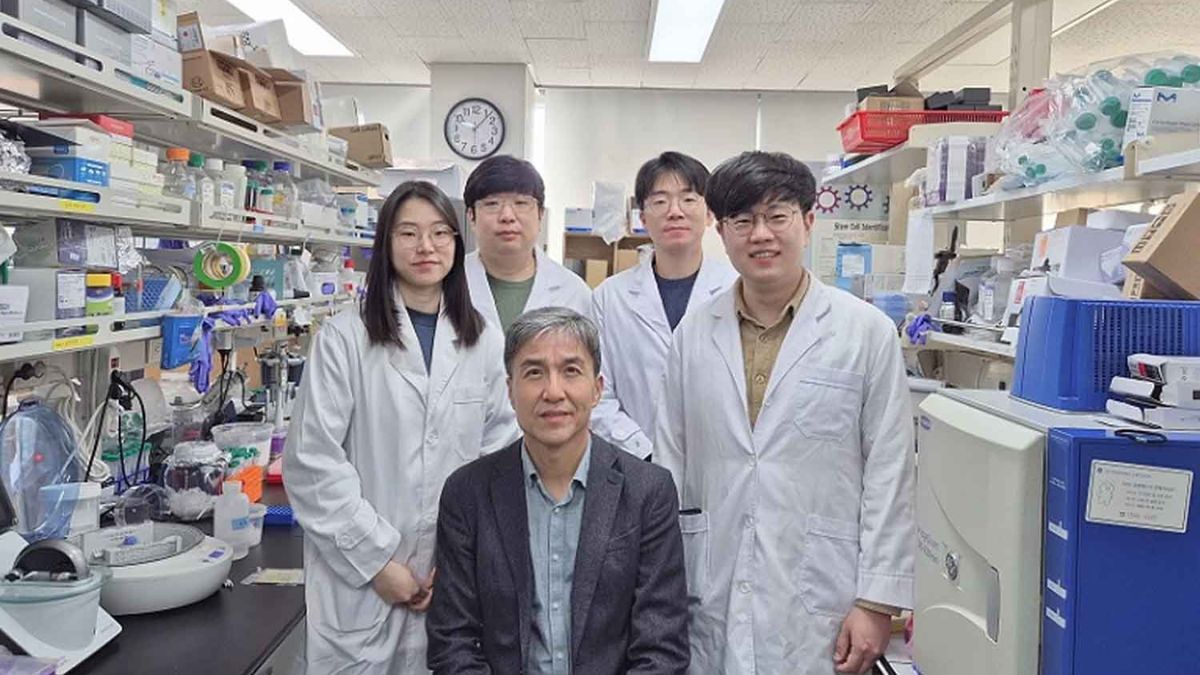A team of researchers in South Korea has developed a groundbreaking method that reprograms colon cancer cells back into normal-like cells, offering new hope for safer and more effective cancer treatments.
Scientists at the Korea Advanced Institute of Science and Technology (KAIST), led by Professor Kwang-Hyun Cho, have published their findings in Advanced Science.
Instead of killing cancer cells, the team’s method transforms them to behave like healthy cells. This approach could reduce harmful side effects and lower the risk of cancer returning.
Using a computational tool called BENEIN (Boolean Network Inference and Control), the researchers identified three key genes—MYB, HDAC2, and FOXA2—that control how colon cancer cells grow. By suppressing these genes, they successfully changed cancerous cells into cells that closely resembled healthy intestinal cells.
Tests in both lab dishes and mice showed that the treated cancer cells began to express normal markers and stopped activating cancer pathways. Tumors in mice shrank significantly.
“This is an astonishing discovery,” said Professor Cho. “Our study shows that we can systematically induce cancer cells to revert to normal-like behavior.”
Unlike traditional treatments such as chemotherapy or radiation—which kill both healthy and cancerous cells—this new technique avoids damaging healthy tissue. Experts believe it could pave the way for more targeted and less harmful treatments.
The research is still in its early stages. The technology is being further developed by a startup called BioRevert Inc. and is currently in preclinical testing. Scientists hope to expand the method to other cancer types, including brain cancer, using digital models to find similar “molecular switches.”
Although human trials are still a few years away, experts say the discovery marks a major step forward in the field of precision medicine.











